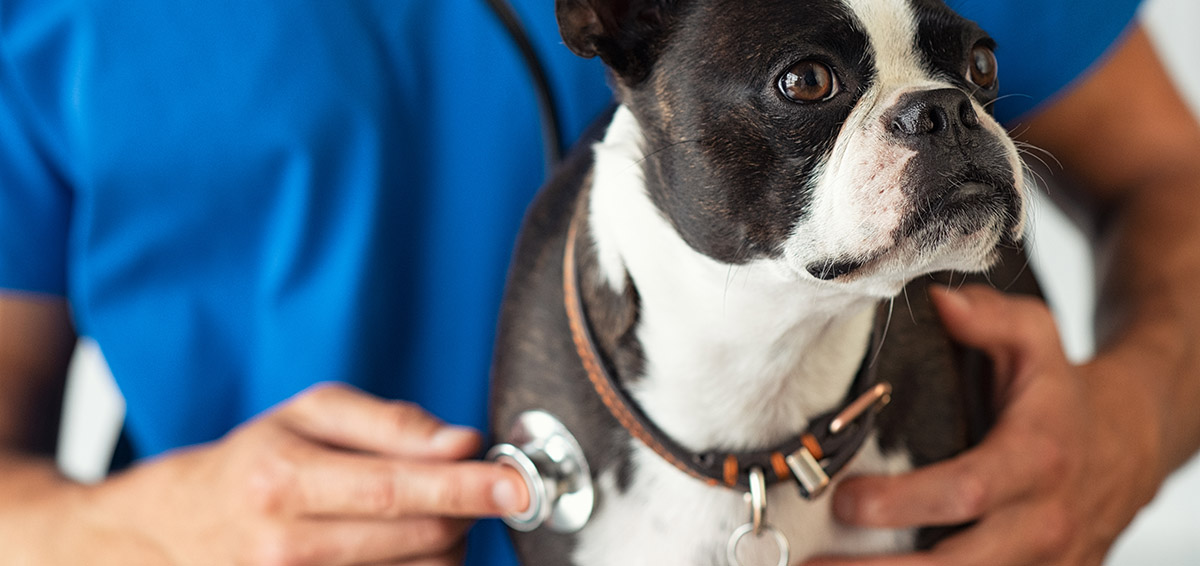
Visiting the vet is an import aspect of caring for your dog, however, it can often be a source of stress for both you and your 4-legged mate. To help make it a more pleasurable experience for all involved we have compiled some of our best tips to ensure a stress-free and productive trip.
Give them personal space: It is essential to maintain a safe distance while at the clinic, not only for humans but also for animals. This helps prevent any potential confrontations that may trigger anxiety in pets or their owners.
Allow for a pre-visit break: Prior to the vet appointment, take your dog for a leisurely walk, allowing them to explore and relieve themselves.
Bring familiar scents from home: Providing your pet with familiar toys, blankets, or bedding can serve as a comforting reminder of their safe and secure environment. These items evoke positive emotions, promoting a sense of ease during the visit.
Promote positivity: During the visit, offer your pet positive reassurances through belly rubs, gentle pats, and words of praise. These gestures convey the message that the vet clinic is a welcoming and pleasant place. While treats can be helpful, it is advisable not to overindulge, as your vet may need to use treats for medical purposes.
Introduce casual visits: Especially for dogs, acclimate them to the vet clinic environment by occasionally dropping in for brief visits. This allows them to become familiar with the clinic’s scents, navigate the waiting room, and receive affection and treats from the friendly staff.
Maintain a calm demeanour: Refrain from engaging in intense play sessions or vigorous physical activities with your dog immediately before the visit. Elevated heart rate, tense muscles, and excessive excitement are counterproductive during a health assessment.
Simulate examinations at home: Take the opportunity to simulate a vet or nurse’s examination when your pet is relaxed and content. Gradually introduce interactions such as touching their paws, lifting their lips, examining their ears and eyes, and giving them an all-over pat-down. This practice familiarizes them with these procedures, reducing reactivity and enabling them to remain calm during the actual veterinary examination. Reward them afterward to reinforce positive behaviour.
Communicate vital information: Inform your vet team about any specific concerns, sensitivities, or recent experiences that may impact your pet’s behaviour during the visit. Even if they have prior knowledge of your pet, it is crucial to provide any new information for a comprehensive understanding.
Being well-prepared for your pet’s veterinary visits is paramount. In particularly stressful situations, your vet team may offer additional suggestions, such as calming medications, nutraceuticals, or pheromones. Considering that a visit to the vet is ultimately beneficial for your pet’s health, it is crucial to approach the experience holistically, from the beginning to the end, ensuring that both you and your beloved companion make the most of this valuable time together.


